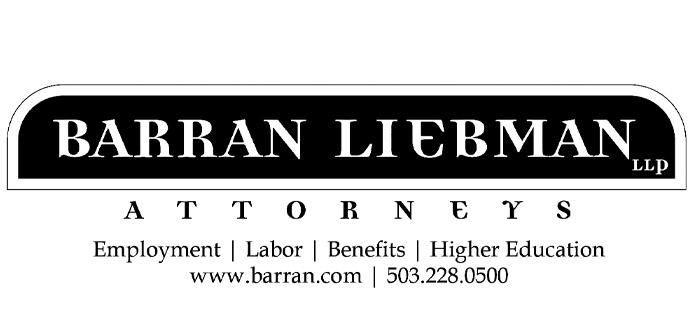With the rise in employment-related claims brought by current and former employees, human resource personnel are fielding an increased number of personnel file requests under ORS 652.750. While most employers maintain an “employee file” for each respective employee, ORS 652.750(2) requires that very specific types of information be included. The disconnect between what many employers traditionally think of as an “employee file” and what must actually be produced under state law, often leads to confusion and the potential exclusion of information that is otherwise legally required for production.
What is included in a personnel file under Oregon law?
ORS 652.750(2) defines personnel records as “records of the employee that are used or have been used to determine the employee’s qualification for employment, promotion, additional compensation, employment termination or other disciplinary action and time and pay records of the employee for the period required by the Fair Labor Standards Act, 29 U.S.C. 211(c).”
Typically, that will include traditional “employee file” documents such as their application, work authorization paperwork, and documents which describe the employee’s compensation (such as a job offer which outlines pay, health insurance, and other benefits). However, it should also include documents used to determine a raise in compensation (for example, a positive performance review), as well as documents that were used to initiate disciplinary action (such as a written employee complaint, or negative performance review).
Also required to be included are the employee’s “time and pay records” for the period required by the Fair Labor Standards Act. Employers should work either internally or with their outside payroll processor to timely procure and produce the records, which should ideally cover all of the items required under OAR 839-020-0012, including dates of payment, dates of work covered by the payments, the name of the employee, the name of the employer, the employer’s business registry number or business identification number, the address and telephone number of the employer, the rate or rates of pay, the amount of gross wages, the amount of net wages, and the amount and purpose of any other paycheck deduction that was made during a particular pay period.
How much time do I have to produce the records?
Employees often demand their personnel records immediately. However, under Oregon law, employers have 45 days after receipt of an employee’s request to furnish a certified copy of the records to the employee. Within 45 days, the employer must also “provide reasonable opportunity for the employee to inspect” the records at either the place of employment or place of work assignment.
Who should I produce the records to?
This depends entirely on who sent the request, and whether they are represented by an attorney. After determining which documents are non-privileged and should be included in response to a request under ORS 652.750, the records will be sent either to the employee directly, or to their attorney. If the attorney was the one who sent the request, communication should be directed through the attorney, and the records should be sent to them as opposed to directly to the employee or ex-employee.
What happens if I ignore the request for records?
If an employer fails to timely produce a certified copy of the personnel file, they could be subject to monetary penalties in an amount up to $1,000.00.
What should I do if I get a request?
Employers should be careful and diligent in identifying and compiling the records that are specifically called for under ORS 652.750. Determining what documents were actually used in a decision to terminate an employee (for example) requires careful thought, and often also requires discretion. Note that not all documents that might otherwise be discoverable in a legal proceeding are going to be required for production in response to a request for the personnel file. Employers should develop internal protocols for who will respond to these requests — and work with employment counsel where necessary to determine that the correct and complete file is being produced.
Chris Morgan is a partner at Barran Liebman LLP. For questions about how to handle an employee’s personnel records request, contact him at 503-276-2144 or cmorgan@barran.com.
Joshua Waugh is an attorney at Barran Liebman LLP. For questions about how to handle an employee’s personnel records request, contact him at 503-276-2138 or jwaugh@barran.com.





